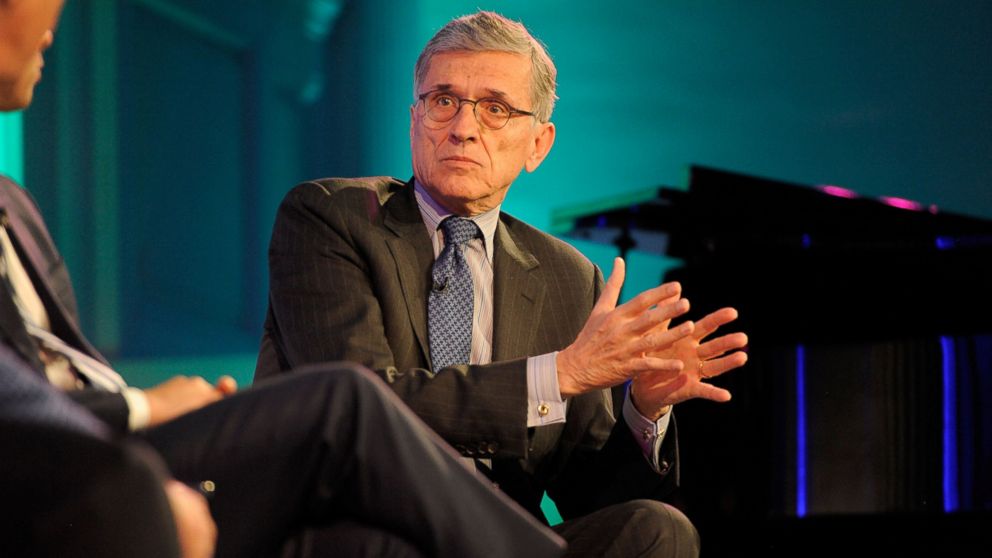Federal Appeals Court Rules in Favor of FCC Net Neutrality Rules
The U.S. Appeals Court called the ruling a "victory" for open and fair internet.

— -- A federal appeals court upheld the net neutrality rules approved earlier this year by the Federal Communications Commission, with the White House calling the ruling a "victory for the open, fair and free Internet as we know it today."
The White House said the ruling by the U.S. Court of Appeals for the District of Columbia allows the internet to remain open to innovation and economic growth without service providers serving as paid gatekeepers.
The FCC rules, which were adopted on Feb. 26 and went into effect on Sunday, were designed to "protect free expression" on the internet and "promote investment in the nation's broadband networks," according to the FCC. The rules ensure all consumers and businesses have access to "fast, fair and open" internet and apply to both fixed and mobile broadband service, the FCC said.
"For almost a century, our law has recognized that companies who connect you to the world have special obligations not to exploit the monopoly they enjoy over access in and out of your home or business," the White House said, calling open internet "essential for preserving an environment that encourages new investment in the network" and "new online services and content."
FCC Chairman Tom Wheeler said in a statement that the appeals court ruling was a "victory for consumers and innovators who deserve unfettered access to the entire web." Wheeler said the ruling affirms the FCC's ability to "enforce the strongest possible internet protections – both on fixed and mobile networks – that will ensure the internet remains open.”
On Feb. 26, the FCC voted 3-2 to reclassify internet service providers as common carriers and impose regulations similar to those imposed on utilities.
The rules state that broadband providers can not block access to legal content, application services or non-harmful devices. The rules also ban internet service providers from bandwidth throttling, or the intentional slowing of internet service to regulate traffic and minimize bandwidth congestion, and paid prioritization, a financial agreement in which a user pays an broadband providers to be placed in an internet "fast lane."
Some internet service providers opposed the FCC rules because they wanted leeway for how they package and sell serious internet plans.
After the vote, Verizon wrote a scathing statement in type-writer font to protest the FCC's new rules, calling them the "1930s Rules on the Internet."
Challengers of net neutrality expressed concern that regulating the internet could impact what has become an important part of economy.
"We've got a free and Internet today and it has been a tremendous success," Bret Swanson, a visiting fellow at the American Enterprise Institute, told ABC News in February. "The question is why we want to impose 80-year-old regulations on perhaps the most thriving part of our economy."
ABC News' Alyssa Newcomb contributed to this report.




